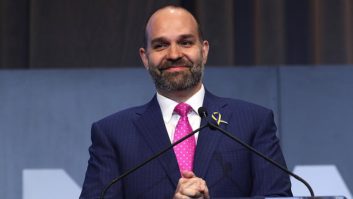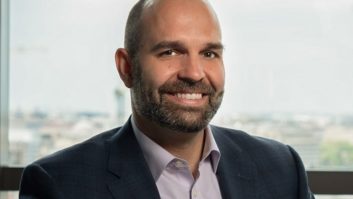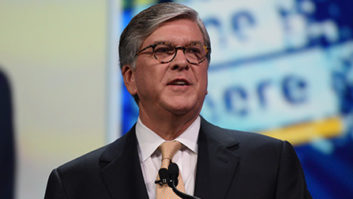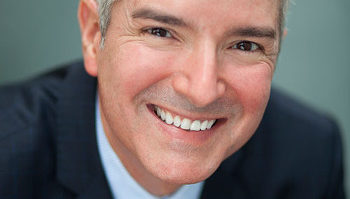The battle over whether terrestrial radio should pay a fee each time a song is aired has now spread to the Federal Communications Commission. Lobbying has ratcheted up a notch in both sides of the debate while bills both for and against the fee remain pending in Congress.
The MusicFirst Coalition, the record-label-backed group seeking a performance-rights fee from radio, now has asked the commission to investigate what it calls a pattern of retribution by stations against artists who have spoken out in favor of performance rights. In a filing filed with the FCC, the group alleges some stations are refusing to air ads from the coalition and have told some artists they will not play their songs.
Coalition representatives have not named the artists allegedly affected by the boycott, “to protect” them, MusicFirst Coalition Executive Director Jennifer Bendall said at a press briefing. The group will give the information directly to the commission, she said.
Not a single station has accepted one of the coalition’s ads, according to Sam Feder, an attorney for the group. While acknowledging the group cannot force a station to take an ad, the group expressed surprise a station would turn down money in these economic times.
The group says the actions are part of a nationwide campaign coordinated by the National Association of Broadcasters, and cites the association’s noperformancetax.org Web site. NAB says a fee would bankrupt stations and that artists should ask their record labels where their money is going.
Responding to the allegations, NAB spokesman Dennis Wharton said they are “an act of desperation by a record lobby losing on Capitol Hill and in the court of public opinion.”
NAB said another 15 lawmakers have signed on to a resolution opposing the imposition of the performance fee on radio stations, bringing House opposition to 232, more than needed to block the legislation; and to 16 in the Senate. The MusicFirst group claims the alleged actions are tantamount to “abusing” the public interest and the group has asked the FCC to consider its allegations at license renewal time.
The action comes as former president and chief executive office of the NAB, David Rehr, has left the organization. Noting his departure, a coalition representative said the group would “welcome any overture from the NAB — any indication they are willing to step over the line of ‘no.’”
When asked if they had an indication the FCC would take up the matter, coalition representatives said they “looked forward to a positive reception” from the agency.











